One of the notable contents is the proposal to allow people and households whose land has been recovered to be given priority to buy social housing in that project without having to meet income and housing conditions and without having to draw lots to choose apartments.
According to the Ministry of Construction , the Land Law stipulates that people whose agricultural land, non-agricultural land or residential land is recovered can be compensated with housing. However, this mechanism has not been widely applied because many localities do not have available housing funds to arrange; there are no specific instructions on the process, criteria, and valuation of compensation houses; while most people want to receive money, investors are reluctant to arrange housing funds because it affects the product structure.
"These problems have caused the progress of land acquisition and site clearance in many localities to be prolonged, especially in social housing projects and new urban areas. As a result, people are slow to be arranged stable housing, causing complaints; businesses do not have clean premises to implement projects, affecting the goal of completing at least 1 million social housing units in the 2021-2030 period," the Ministry of Construction pointed out.
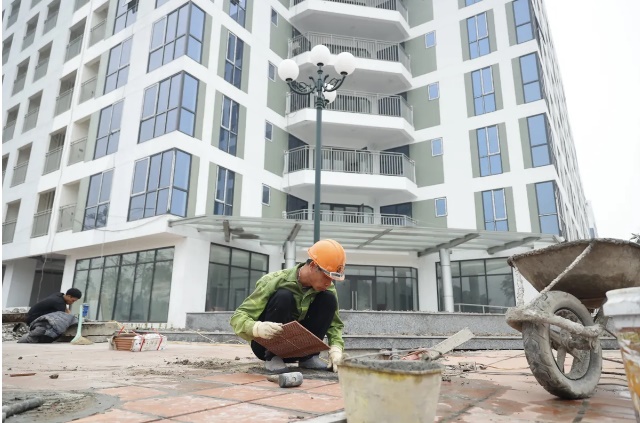
The Ministry of Construction proposes new priority groups for purchasing social housing. Illustrative photo.
In addition, the current housing law also has provisions allowing households and individuals whose land has been recovered without compensation in the form of housing or residential land. Accordingly, if they do not have a house or the average housing area per capita is lower than the minimum level, they can buy or rent social housing without having to prove their income. However, the application is still limited, not creating motivation for people to hand over their land soon.
To remove this bottleneck, the Ministry of Construction has proposed a special incentive mechanism. Specifically, people and households whose land is recovered or who are subject to resettlement in social housing development projects will be given priority to buy or rent social housing right at that project without having to meet housing and income requirements, nor need to draw lots to choose apartments.
The goal of the proposal is to motivate people to hand over land faster, speed up site clearance progress, create clean land for social housing projects, and help people stabilize their housing in the old area.
According to current regulations of the Housing Law 2023, 12 subjects eligible for social housing support policies include:
People with meritorious services to the revolution and relatives of martyrs are eligible for housing improvement support according to the provisions of the Ordinance on Preferential Treatment of People with Meritorious Services to the Revolution.
Poor and near-poor households in rural areas.
Poor and near-poor households in rural areas frequently affected by natural disasters and climate change.
Poor and near-poor households in urban areas.
Low-income people in urban areas.
Workers and laborers working at enterprises, cooperatives, and cooperative unions inside and outside industrial parks.
Officers, professional soldiers, non-commissioned officers of the people's armed forces, police workers, civil servants, defense workers and public employees currently serving in the army; people working in cryptographic work, people working in other cryptographic organizations receiving salaries from the State budget currently working.
Cadres, civil servants and public employees according to the provisions of law on cadres, civil servants and public employees.
The subject has returned the public housing according to the provisions of Clause 4, Article 125 of this Law, except in cases where the public housing was revoked due to violations of the provisions of this Law.
Households and individuals whose land is recovered and whose houses must be cleared and demolished according to the provisions of law but have not yet received compensation from the State in the form of houses and residential land.
Students of universities, colleges, academies, vocational schools, specialized schools as prescribed by law; students of public boarding schools for ethnic minorities.
Enterprises, cooperatives, cooperative unions in industrial parks.
Source: https://vtv.vn/de-xuat-nguoi-bi-thu-hoi-dat-duoc-uu-tien-mua-nha-o-xa-hoi-100251102174558487.htm



![[Photo] Lam Dong: Close-up of illegal lake with broken wall](https://vphoto.vietnam.vn/thumb/1200x675/vietnam/resource/IMAGE/2025/11/03/1762166057849_a5018a8dcbd5478b1ec4-jpg.webp)
![[Photo] General Secretary To Lam receives Singaporean Ambassador Jaya Ratnam](https://vphoto.vietnam.vn/thumb/1200x675/vietnam/resource/IMAGE/2025/11/03/1762171461424_a1-bnd-5309-9100-jpg.webp)
![[Photo] Prime Minister Pham Minh Chinh receives the Chairman of the Japan-Vietnam Friendship Association in the Kansai region](https://vphoto.vietnam.vn/thumb/1200x675/vietnam/resource/IMAGE/2025/11/03/1762176259003_ndo_br_dsc-9224-jpg.webp)
![[Photo] Fall Fair 2025 and impressive records](https://vphoto.vietnam.vn/thumb/1200x675/vietnam/resource/IMAGE/2025/11/03/1762180761230_ndo_br_tk-hcmt-15-jpg.webp)

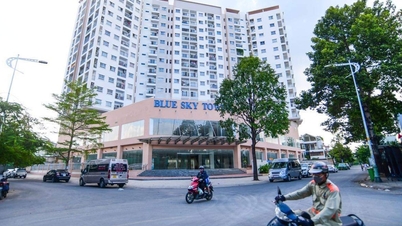



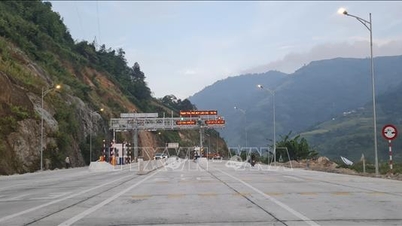


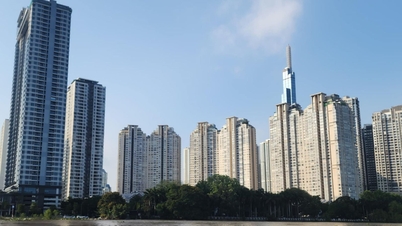











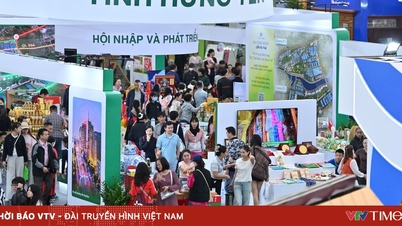
































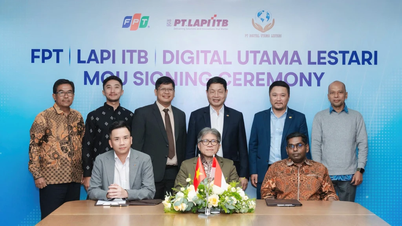

















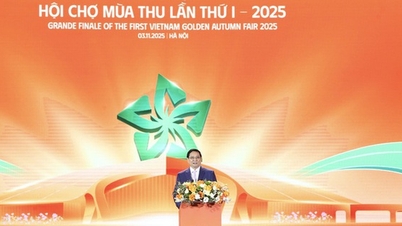


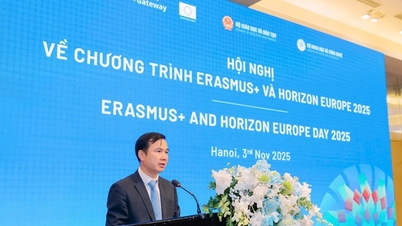

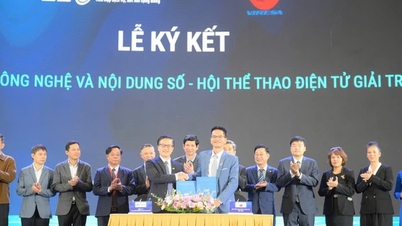
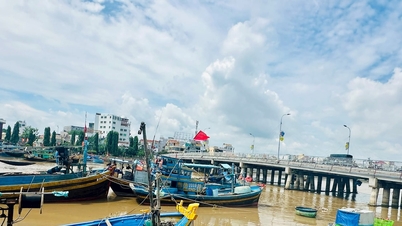

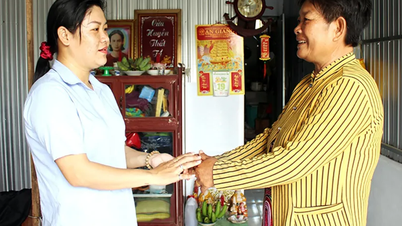

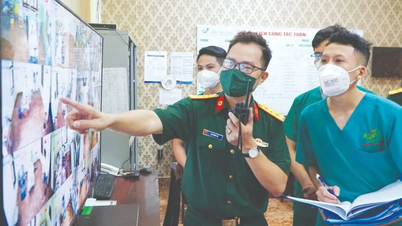

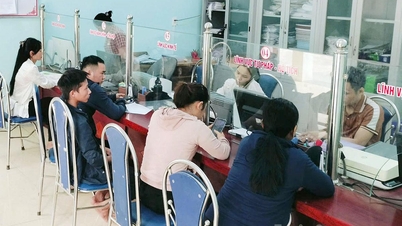

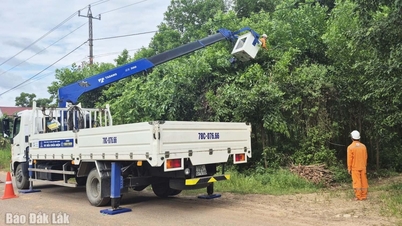



















Comment (0)